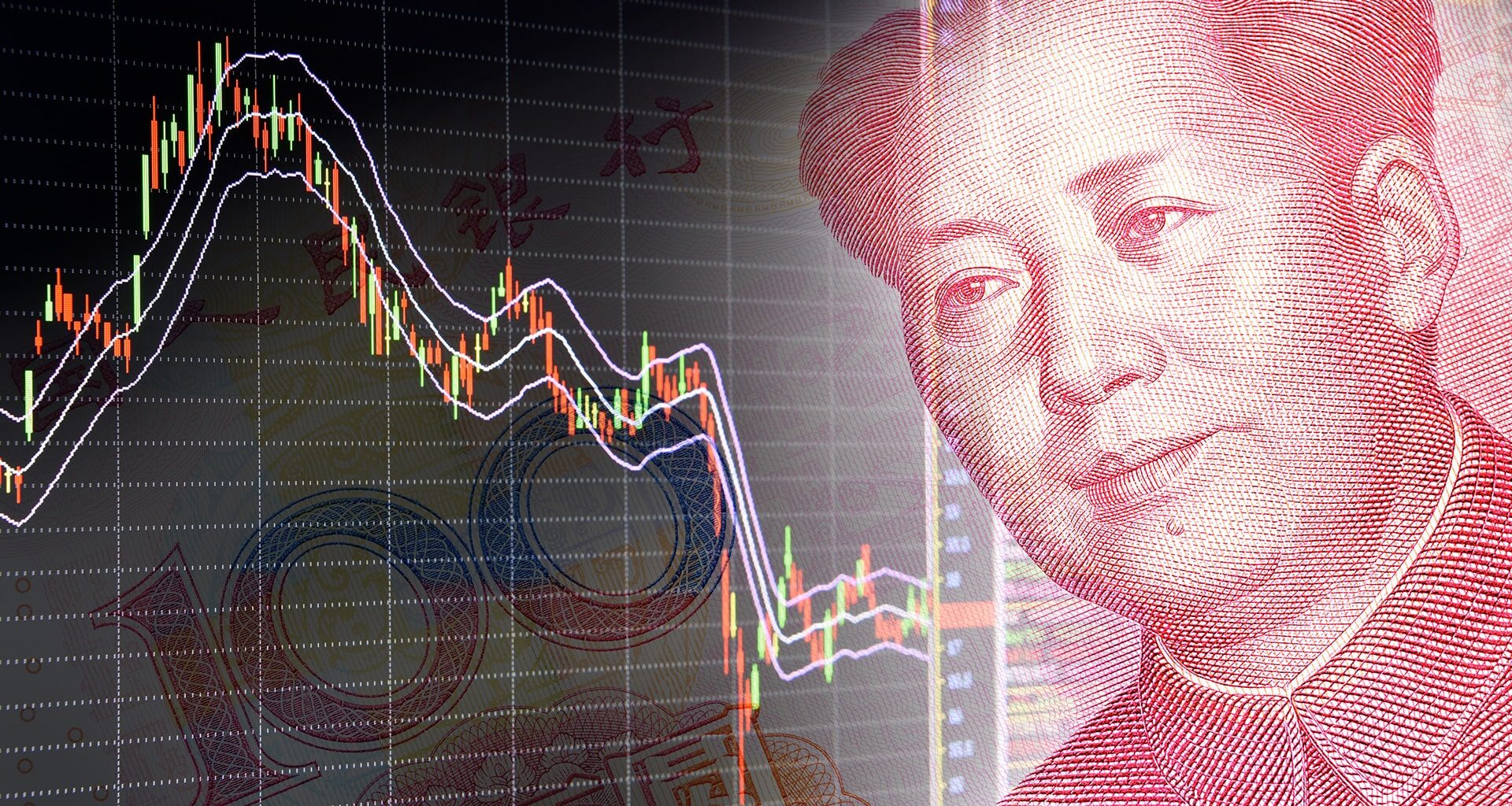In the US last week, reported retail sales fell 1.1% for July – this was worse than the expected 0.3% decline. This reflected a shift in spending away from goods and into services, with cars, auto parts, clothing, and online shopping all feeling the pinch. Much of this decline in spending on goods moved into the hospitality sector. Bars and restaurants saw sales rise by +38.4% year-on-year (YoY). Some commentators expect this transition to continue, limiting growth in tangible consumer product categories, but not, necessarily, impacting America’s wider economic growth outlook. Inflation expectations also remain subdued, with the Philadelphia Fed’s ongoing survey now indicating that consensus is for inflation to run at +2.4% per year over the next five years. US industrial production increased by +0.9% in July, beating market expectations for +0.5%, while manufacturing output increased by +1.4%. These latest data for the US point to a stabilisation of the economic recovery, with a predictable shift in consumer spending, subdued inflation expectations and solid industrial output supporting this view.
Chinese retail sales rose by +8.5% in July YoY, lower than expectations for +11.5%, but nonetheless still a healthy growth rate. The urban unemployment rate edged up to 5.1%, a three-month high, and industrial production increased by +6.4% YoY, missing expectations for +7.8% but again, a healthy absolute run-rate. Flooding in the country earlier in the summer and increasing restrictions on activity in multiple Asian countries due to the spread of the Delta variant are likely to blame for the weaker than expected growth rates in activity.
Also making the news from China was President Xi’s latest phase of regulatory announcements for the economy. In the latest releases he emphasised the need to support “common prosperity” and reduce wealth inequality in China. This is manifesting as surprise announcements of new regulations for major sectors of the Chinese economy, with education and the technology sectors first in-line. These latest power moves by the government into the private sector have spooked markets, with exposed sectors seeing heavy share price declines. This story is far from over and Dominion’s investment team will be following this closely in the coming months, from a risk management as well as an investment opportunity perspective.
Disclaimer: The views expressed in this article are those of the author at the date of publication and not necessarily those of Dominion Capital Strategies Limited or its related companies. The content of this article is not intended as investment advice and will not be updated after publication. Images, video, quotations from literature and any such material which may be subject to copyright is reproduced in whole or in part in this article on the basis of Fair use as applied to news reporting and journalistic comment on events.


